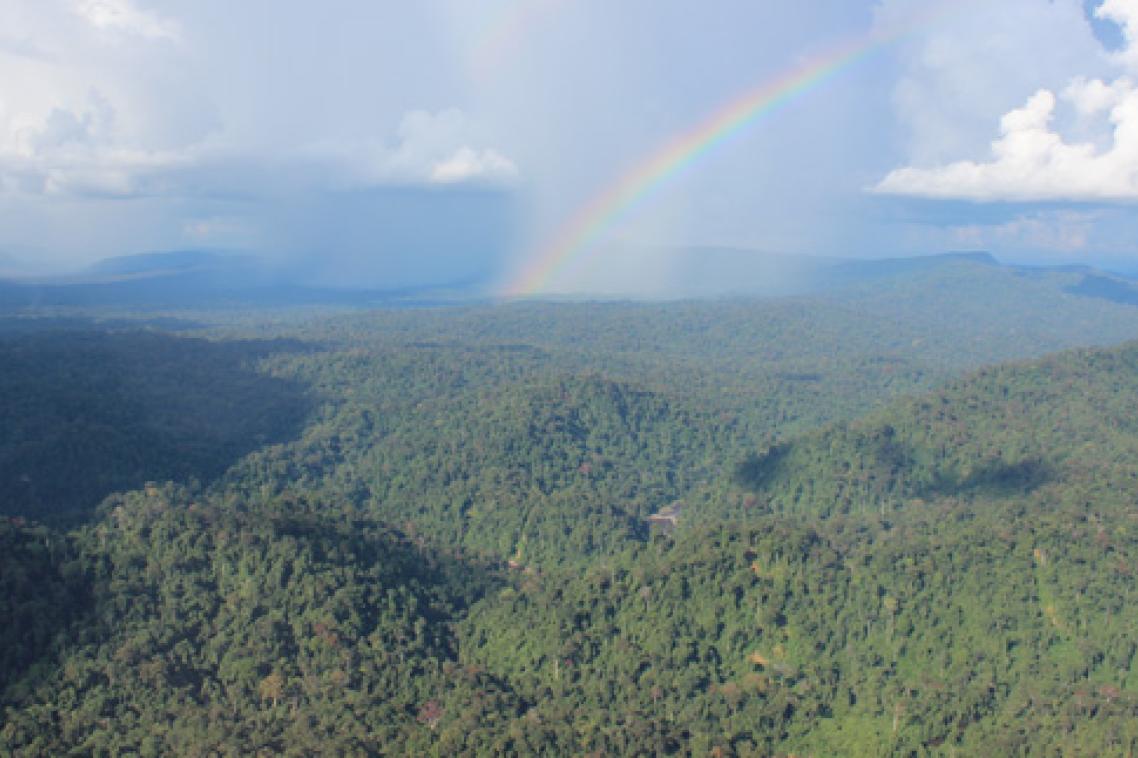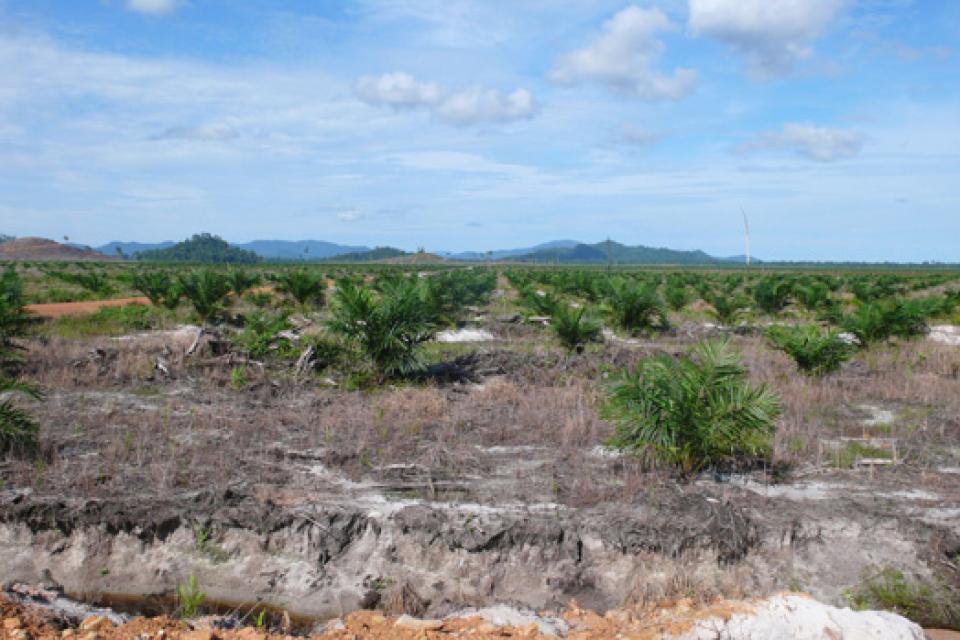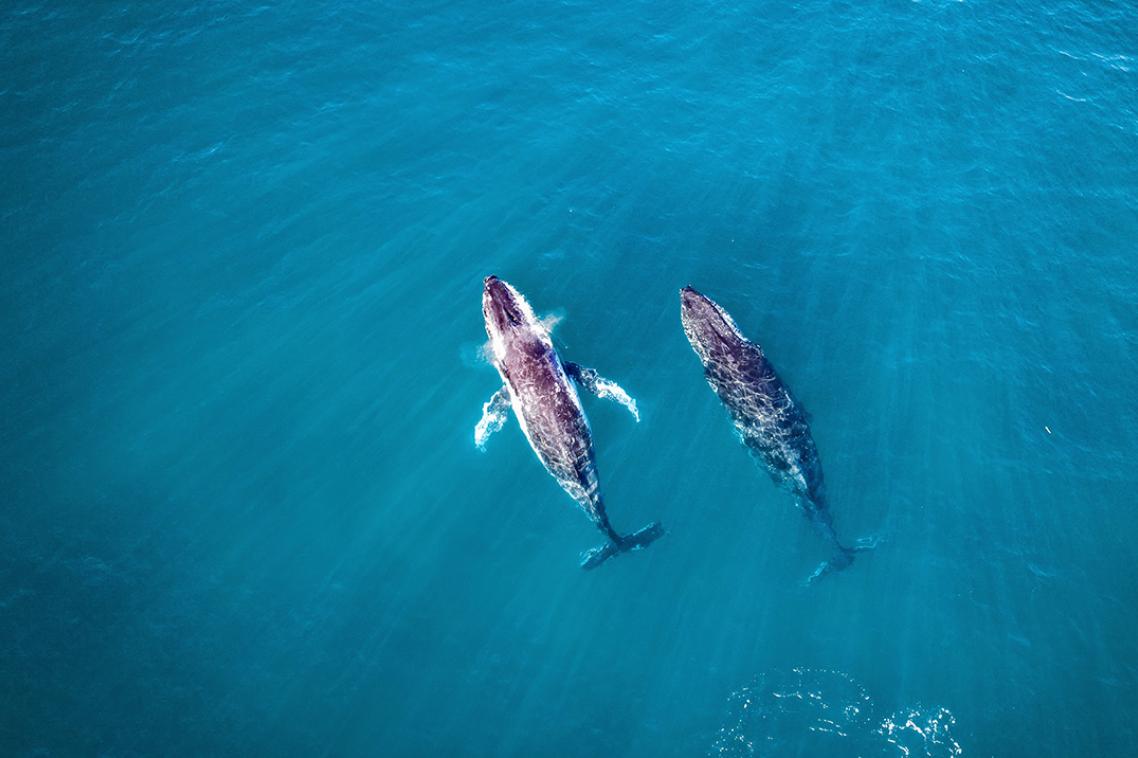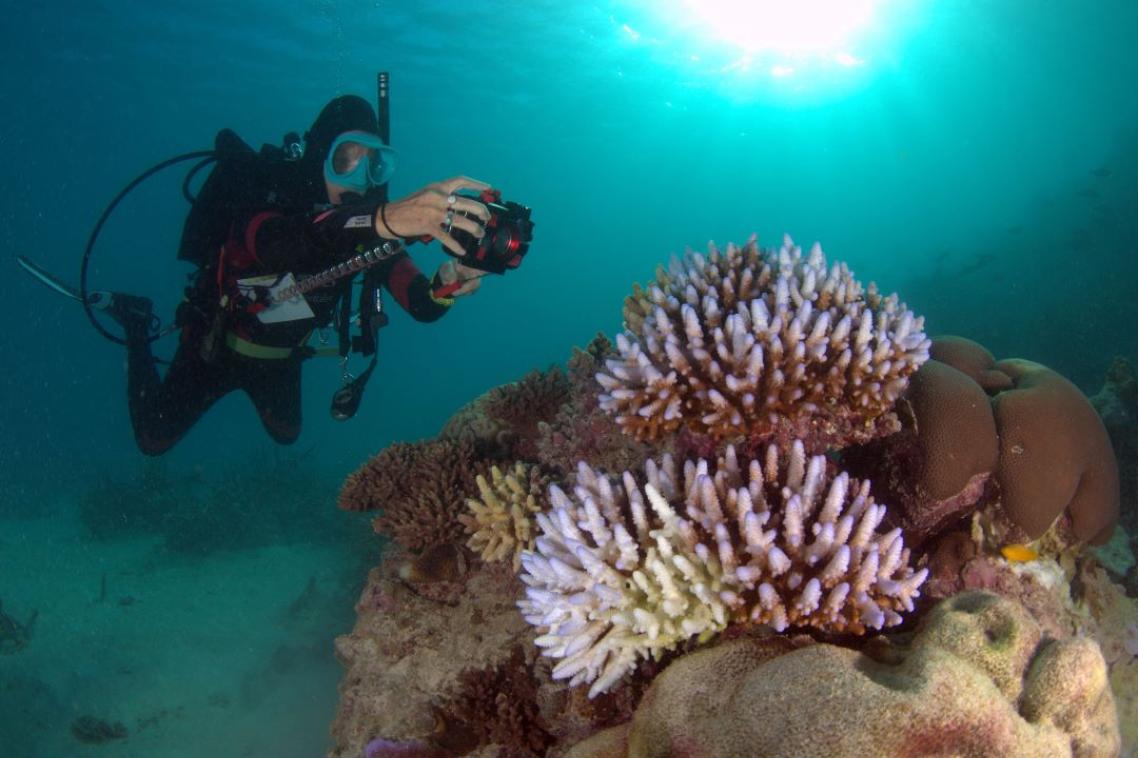Collaborative conservation can save Borneo billions

Borneo can successfully meet conservation targets for protecting orangutan and elephant habitats if its three national jurisdictions work together, an international study has found.
The University of Queensland-led research has shown that it is possible to retain up to half of Borneo’s land as forests, reduce carbon dioxide emissions by 50 per cent, and save at least $US43 billion.
Rebecca Runting, a UQ PhD candidate with the Australian Research Council Centre of Excellence for Environmental Decisions (CEED), said the governments’ current land-use plans were inadequate, and would fall significantly short of meeting conservation goals.
“Borneo harbours many unique and endangered species, regulates regional and global climate and provides food and income to millions of people,” Ms Runting said.
“Borneo is divided into three national jurisdictions – Malaysia, Indonesia, and Brunei – which each have their own development priorities,” she said.
“High rates of forest conversion and degradation over previous decades have prompted the three nations to pledge to protect their natural resources, but at the same time, Malaysia and Indonesia have planned to greatly expand the area of oil palm and timber plantations.

The researchers found that integrated planning between the three nations, including coordinating conservation and development plans and allowing changes to existing land-use allocations, would achieve substantial savings while requiring less land for protected areas.
UQ School of Biological Sciences ARC Future Fellow and CEED Chief Investigator Associate Professor Kerrie Wilson said sharing information between different nations and sectors would improve identification of the priority areas and the species that needed to be saved.
CEED is the Australian Research Council Centre of Excellence for Environmental Decisions. Its research tackles key gaps in environmental decision making, monitoring and adaptive management.
The research is published in Nature Communications.
Media: Rebecca Runting, +61(0)468 908 165, r.runting@uq.edu.au; Kerrie Wilson, 61(0)7 3365 2829, k.wilson2@uq.edu.au. Bottom image caption: Oil plantations are a particularly lucrative land use option in Borneo.
Related articles

Decades of surveys show whale migration shift

Thousands of Queensland reef photos lead to worldwide change
Media contact
UQ Communications
communications@uq.edu.au
+61 429 056 139
